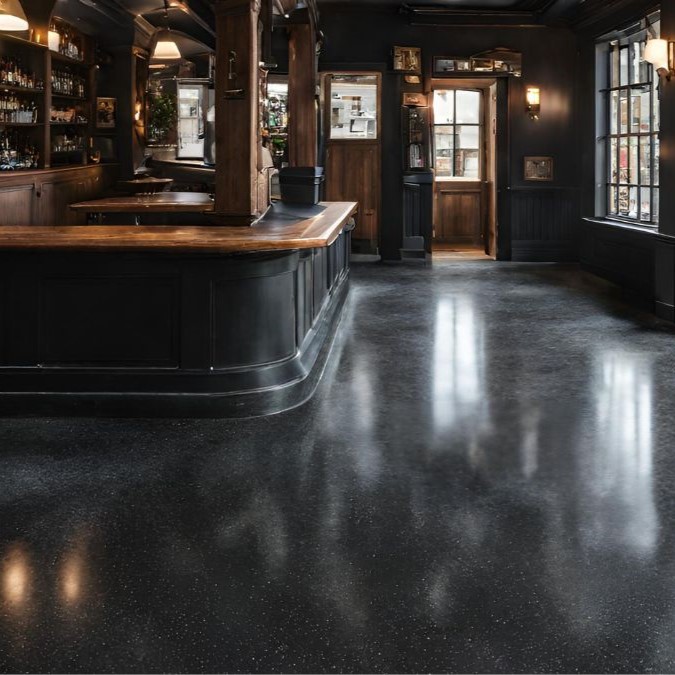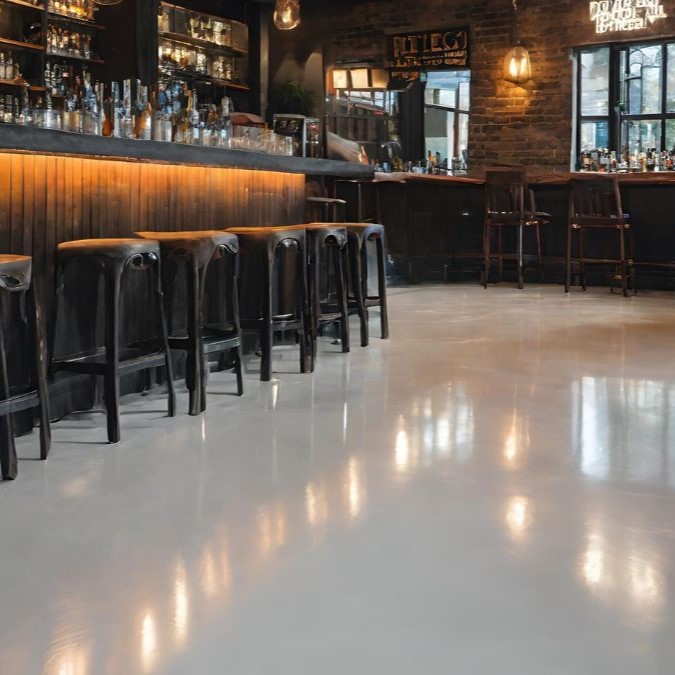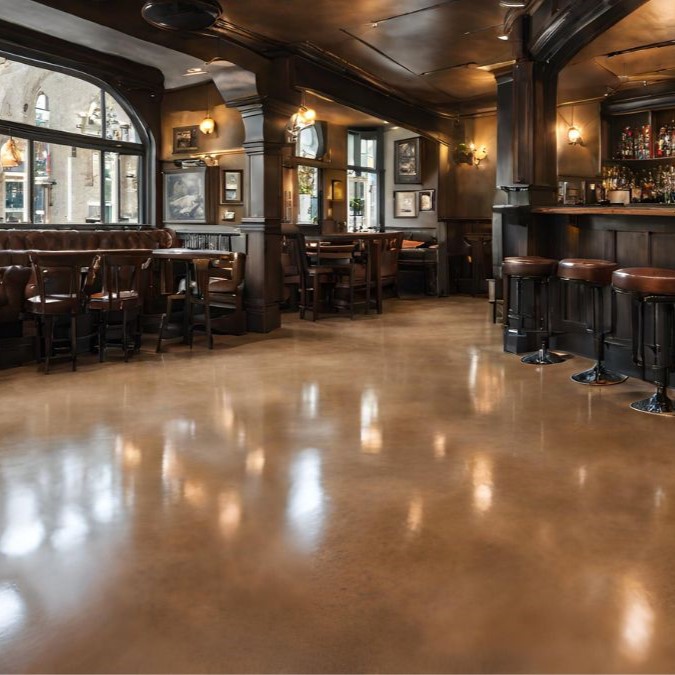What is the best flooring for a restaurant?
What is the best flooring for a restaurant? When considering everything from cleanup to comfort, polished concrete stands out. It's incredibly durable, handling the constant movement of staff and patrons without showing wear. Spills are easy to clean, thanks to its seamless surface, which means less downtime for maintenance. Polished concrete is also customizable, so you can choose a finish that complements your restaurant’s aesthetic. It’s comfortable underfoot, especially with the right finish, reducing fatigue for staff on their feet all day. It’s an eco-friendly option too, using existing concrete rather than new materials.
Other flooring options have their merits and drawbacks. Tiles are durable and easy to clean but can be slippery when wet and may cause fatigue due to their hard surface. Carpets can add a cozy, upscale feel and reduce noise but are prone to stains and require frequent cleaning. Vinyl is another practical choice, offering a variety of styles and easy maintenance, but it may not be as durable as polished concrete and can wear out and tear faster in common pathways.





